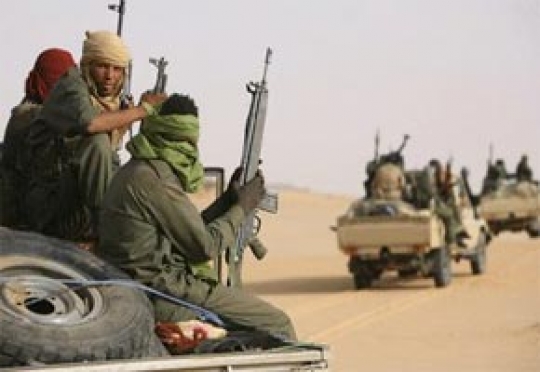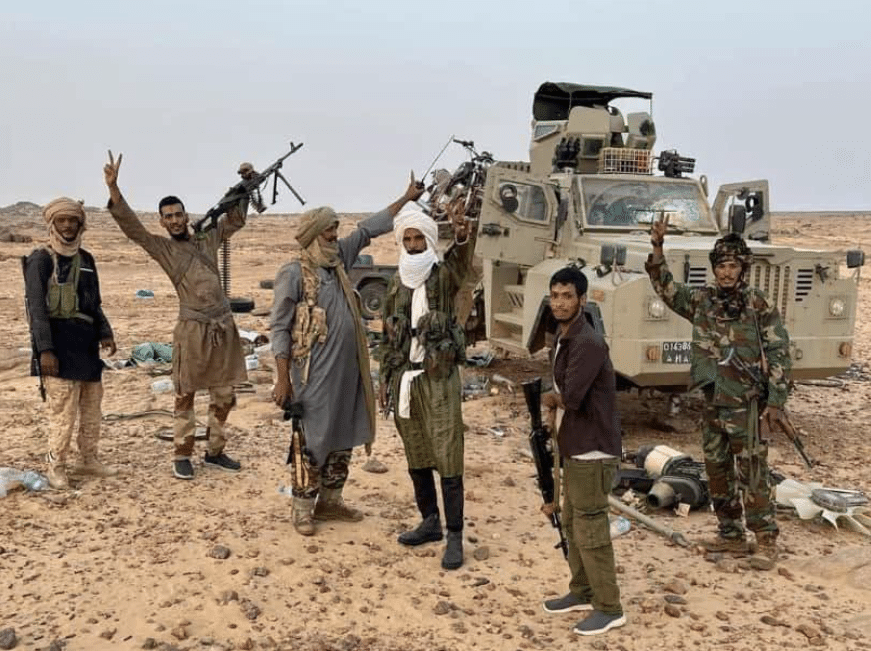 Morocco and Spain will hold their 2nd forum on security and war against terrorism on May 19 in Rabat to look into ways of coordinating further actions against jihadists and extremists between the two neighboring countries in the region and worldwide.
Morocco and Spain will hold their 2nd forum on security and war against terrorism on May 19 in Rabat to look into ways of coordinating further actions against jihadists and extremists between the two neighboring countries in the region and worldwide.
The first edition of the event was convened last year in Madrid. The 2nd edition of the forum will be held under the theme: “Fighting terror in the Sahel: the contribution of Morocco, Spain and the African Union”.
The holding of this Moroccan-Spanish encounter for the second consecutive time shows the close ties existing between the two countries in the security field.
The two countries’ security services have carried out lately several joint police operations against drug traffickers and jihadi operatives involved in radicalizing new recruits to their cause and sending them to fight in areas like Syria and Iraq.
The 2nd Moroccan-Spanish security forum, organized by the Arab Culture Foundation, seeks to enrich debate and shed light on a phenomenon that concerns Morocco, Spain and the whole region, namely the threat posed by the proliferation of terrorist groups is the Sahel region.
The forum is an opportunity to highlight Morocco’s tireless war against terrorism as the North African country has placed counterterrorism at the top of its priorities following the Casablanca terror attacks in 2003 and the subsequent attacks of 2007 and 2011.
Morocco’s counterterrorism strategy is based on vigilant security measures, regional and international cooperation, and counter-radicalization policies. This strategy mitigated the risk of terrorism but the country continues to face threats, largely from numerous small, independent violent extremist cells.
The Moroccan authorities have dismantled multiple groups with ties to international networks that include ISIS, which continues efforts to recruit Moroccans, and Al Qaeda in the Islamic Maghreb (AQIM).
According to some experts, one of the main factors helping to keep Morocco’s jihadists in check is the competence of its security forces. The country’s powerful intelligence agency, national police force, paramilitary police and Central Bureau of Judicial Investigations (Morocco’s version of the FBI) work closely with their American and European counterparts, receive extensive training and are highly proficient.
Moroccan intelligence has even helped to avert attacks elsewhere with the information it collects and shares with its regional and international partners.



